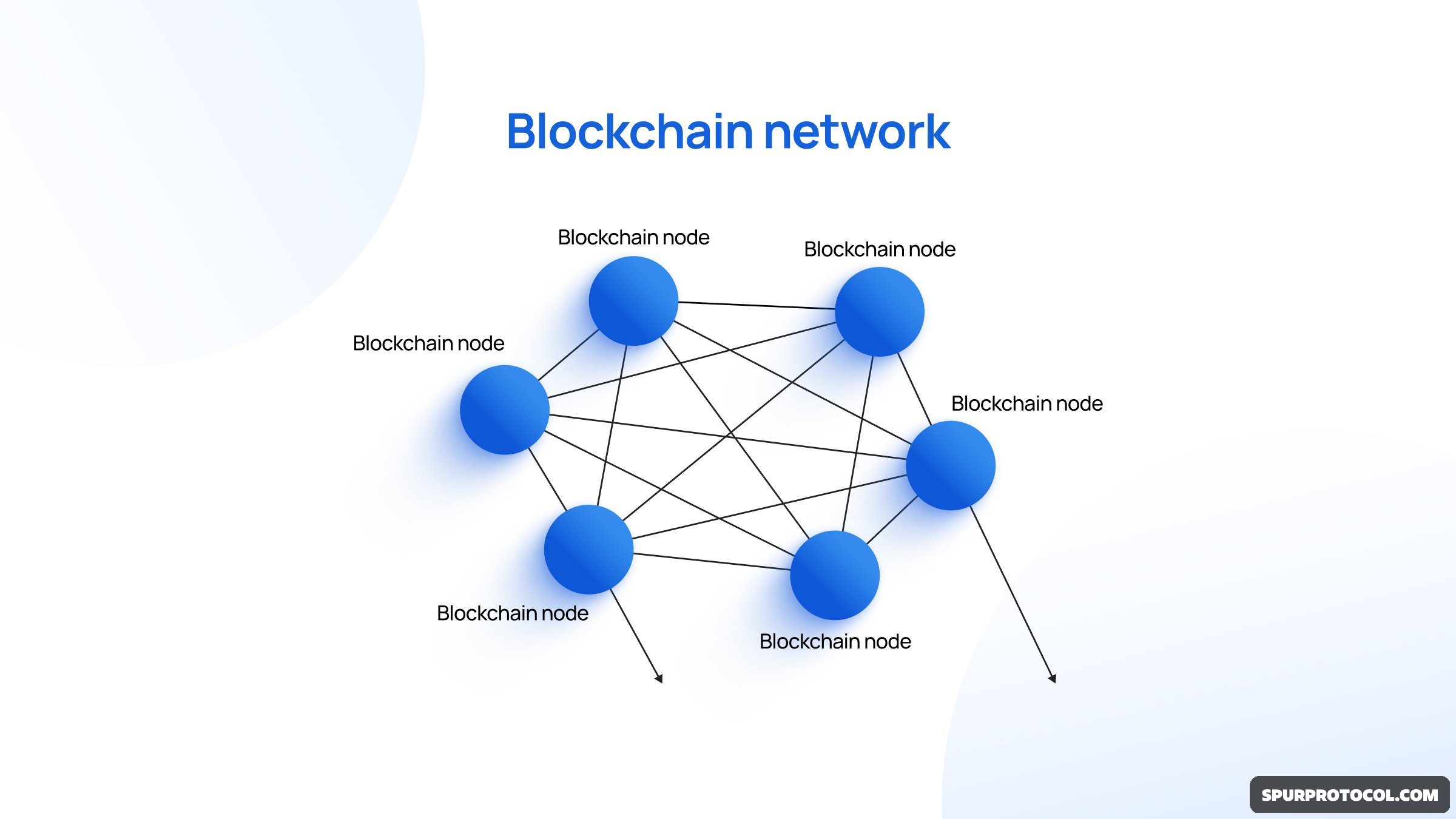What Is A Node In A Blockchain Network?
What is a node and their uses in Blockchain Network.
Go Back
🕒 9:34 AM
📅 May 12, 2025
✍️ By oluwafemighty
What is a node and their uses in Blockchain Network.
Go Back
🕒 9:34 AM
📅 May 12, 2025
✍️ By oluwafemighty
A node in a blockchain network is any computer that participates in the network by maintaining a copy of the blockchain and possibly helping to validate and relay transactions.
Types of nodes:
1. Full Node: Stores the entire blockchain and independently verifies all transactions and blocks.
2. Lightweight (or SPV) Node: Stores only parts of the blockchain and relies on full nodes for verification.
Mining Node: A full node that also competes to add new blocks by solving cryptographic puzzles (in PoW systems).
Function:
Nodes are essential for maintaining the integrity and security of a blockchain network. They validate transactions, ensuring they adhere to the network's rules and prevent double-spending.
Decentralization:
Nodes distribute network operations across multiple participants, rather than relying on a single authority, which enhances decentralization.
Data Storage:
Nodes store copies of the blockchain ledger, which can be full (containing the complete blockchain), pruned (containing a partial copy), or light (containing only essential data).
Types of Nodes:
Full nodes: Maintain a complete copy of the blockchain and participate in validating transactions.
Light nodes: Only store essential data like block headers and rely on full nodes for detailed transaction information.
Archival full nodes: Maintain a complete copy of the blockchain history from the genesis block to the most recent.
Key functions of nodes:
1. Share and propagate transactions and blocks.
2. Maintain consensus by following the protocol rules.
3. Help secure the network through distributed participation.
Importance:
The more nodes a network has, the more decentralized and secure it becomes. A wide distribution of nodes makes it difficult for any single entity to control the network.
I hope you learn something new
Good luck 🫶